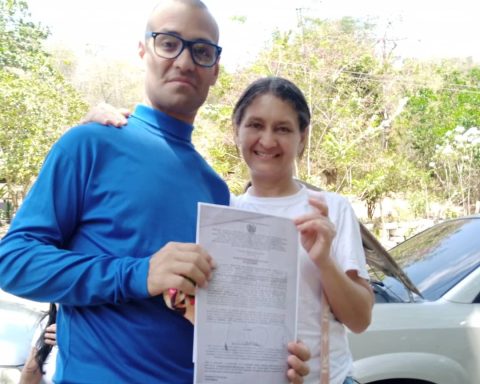Representatives of the Electoral Justice, public bodies, non-governmental organizations, academic institutions and law associations have been debating since yesterday (2), at the Superior Electoral Court (TSE), the effects of the General Data Protection Law (LGPD) on the disclosure of candidate data.
One of the main points of discussion is to what extent and for how long candidates’ personal information, such as document numbers and personal address, can be made available to the public without violating the protection of personal data.
Another point is knowing what level of detail the campaign accountability information should have when it is released.
“This event aims to improve a conciliation of data protection and the transparency of the electoral process. This is the great challenge of the Electoral Justice”, said yesterday (2) the vice-president of the TSE, Minister Alexandre de Moraes, in speech at the opening of the public hearing.
The president of the TSE, Edson Fachin, highlighted that the Electoral Justice has a series of databases that store personal data, such as the electoral register, including biometric information about voters, and the affiliation lists of all parties, among others.
This Friday (3), participants discussed how to balance privacy and public interest.
“Data necessary for voter decision-making, for monitoring the media and public opinion, must be public. On the other hand, some care must be taken, especially in relation to data that are not necessary for the voter’s decision or for its inspection, which may pose a risk to the physical and patrimonial security of the candidate or his family”, explained Roberto Bornhausen, from the Legal Grounds Institute.
The public hearing can be seen in its entirety at TSE YouTube channel.

















